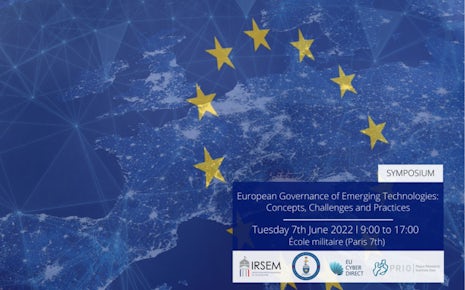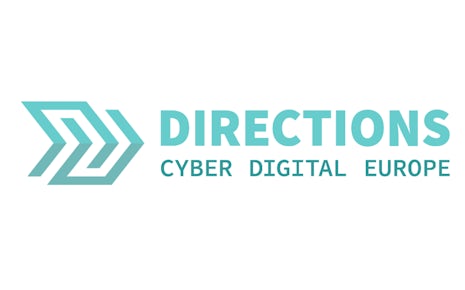Has the world witnessed the end of the open internet? As globalisation is going through major reordering, the internet sits at the centre of how governments respond to various global challenges. The idea of an open internet has changed drastically in the past few years as states intervene more, mainly through domestic regulation. Internet fragmentation is now a reality, manifested through a combination of technical, commercial and governmental actions.
Europe’s approach to fragmentation is not straightforward. Internationally, Europe is a strong advocate of an open and global internet and, in general, it invests in collaborating with partners to promote this idea. When it comes to its own policies, however, Europe is in fact contributing to fragmentation. An extremely busy legislative agenda has created the conditions for Europe to be contributing, in some ways, to a less open and more fragmented internet. The focal point of this agenda is Europe’s ‘digital sovereignty’ approach, which, to an extent, appears to be incompatible with an open internet.
Europe has an important choice to make. What sort of internet does it want: an open, global, interoperable internet or one that is fragmented and limited in choice?
This report provides an overview of what fragmentation is, its different dimensions and why it is urgent for Europe to make a choice as to what kind of internet it wants.



